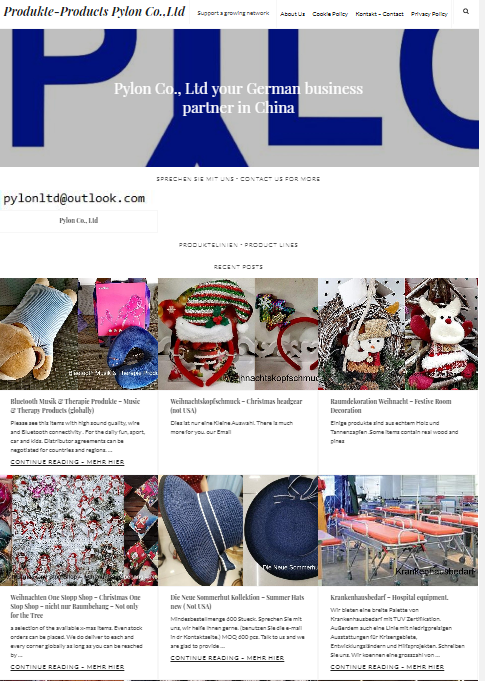Customs clearance entering “high-speed era”
- Details
- Category: Governmental News
- Published: Monday, 24 June 2013 10:26
Imagine that it takes less than one minute to finish the process of declaration and release of the exports. This seemingly unimaginable speed of customs clearance has become a reality at Ningbo Port. By the pilot “paperless” clearance pattern, since 2013, the average speed for customs clearance at Ningbo Port has increased by nearly 60%, greatly improving the efficiency of government services for economic development.
As an export-oriented economic city, Ningbo possesses one of the largest import and export ports in east China. However, with the exponential growth of trade volume in recent years, great challenges have been posed for the traditional pattern of customs clearance and supervision. Late last year, Ningbo became one of the first 12 pilot cities for the “paperless” clearance, starting its process of customs clearance reform.
No paper-form declaration documents and accompanying documents are demanded for customs clearance, and the Customs can judge the risks and release those low-risk exports through computer systems based on the hundreds of thousands of pieces of parameter information in the databases. At the same time, enterprises can apply for release by using the return receipt only, rather than going to the Customs for customs clearance, and within the day they can complete the procedures for container clearance and shipping.
The “Paperless” reform not only improves the efficiency of customs clearance, but also extends the service hours. By paperless channels, enterprises can make declarations on a 24-hour basis, instead of the original working time limits.
In the past, Friday is the busiest time for Shenzhou Knitting Co., Ltd., when more than 30 containers wait to exit through the Customs. If five or six containers, loaded with goods with the value of more than $100,000, are behind schedule, the company has to pay for additional commitment as stranded costs. “Now, we can continue to submit the customs documents and get permission for shipping, so there is no need to worry about the delays any more.”
So far, the paperless declarations account for 76.88% of the total, and more than 62,000 companies have signed the contracts with Ningbo Customs, including over 40,000 enterprises outside Ningbo.
In the following period, relevant departments in Ningbo will continue to work together to tackle difficulties in building the networking port, linkage port, and intermodal port, in the hope of further optimizing the construction of the customs clearance platform.








